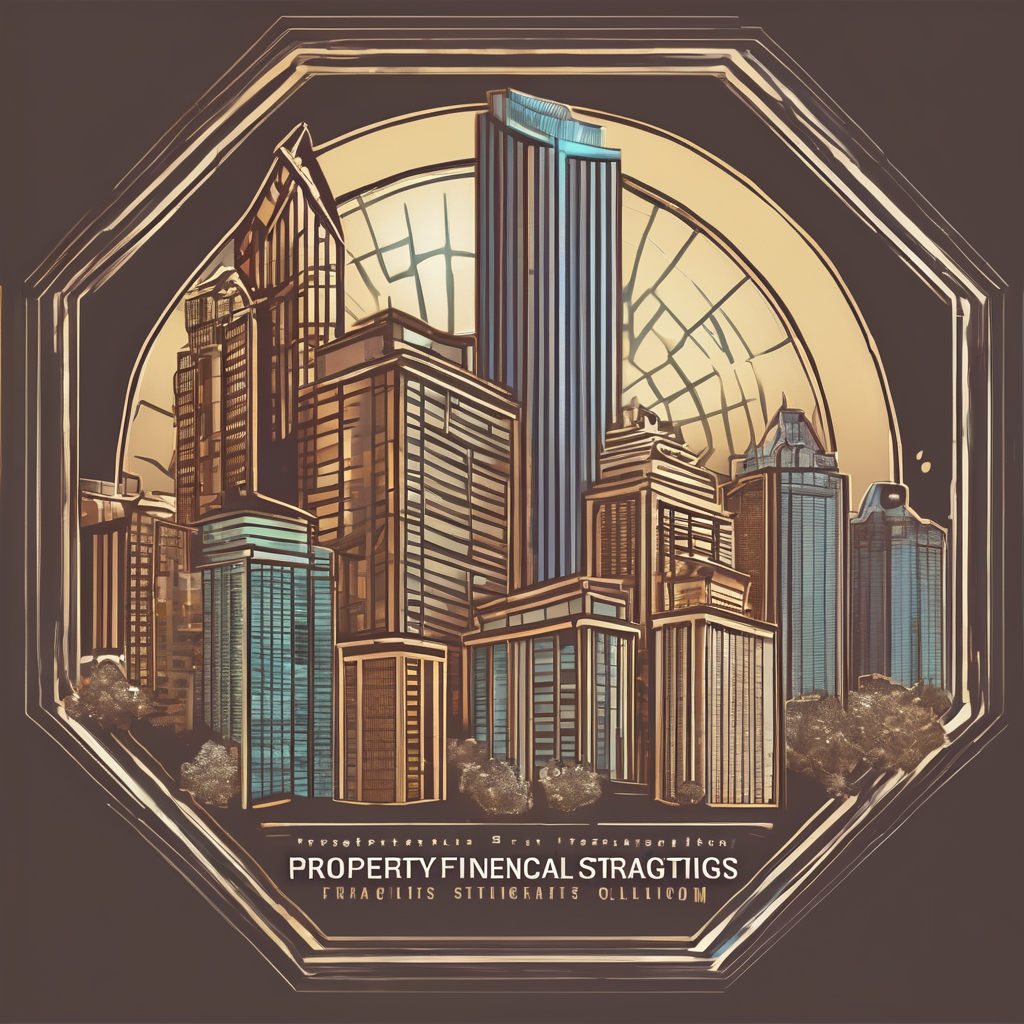Navigating the realm of property lease extensions can be a daunting process, fraught with complexities and potential pitfalls. For homeowners in London, the process can be even more intense due to the high demand and competitive nature of the property market. Yet, understanding the lease extension process is crucial, especially if you are a leaseholder planning to extend your lease for many more years. This article aims to guide you through the lease extension process and help you avoid common pitfalls that can potentially save you time, money, and stress.
Understanding the Basics of Lease Extensions
Before diving into the intricacies of lease extensions, it is crucial to understand the fundamental concepts. A leasehold property is one where a person owns the property for a defined number of years, as stated in a lease agreement. The person who owns the property, typically the landlord or the freeholder, allows the leaseholder to occupy the property in exchange for periodic rent payments.
Dans le meme genre : Buying property made easy: the ideal real estate agency in spain
The process of extending a lease begins when the leaseholder serves a formal notice to the freeholder, expressing the intention to extend the lease. A solicitor often handles this process, as it involves legal formalities and documentations.
Common pitfalls in this phase include incorrect or incomplete notice, which can lead to unnecessary delays or even rejection of your application to extend the lease. Therefore, it is crucial to seek professional advice before initiating the process.
Sujet a lire : How does the UK government’s housing strategy impact social housing development?
Evaluating the Costs of Lease Extension
The process of extending a leasehold invariably involves costs. These typically include the premium to be paid to the freeholder for the extension, the freeholder’s legal and surveyor costs, and your own legal and valuation costs.
While it may be tempting to cut corners and save money, it is important to consider the long-term impact. Opting to extend without adequate advice or trying to negotiate without a clear understanding of the process can lead to higher costs in the long run.
Among the common pitfalls in this stage is the underestimation of the costs involved. To avoid this, make sure to obtain an accurate lease extension valuation from a qualified surveyor and budget for all potential costs.
Navigating Negotiations with the Freeholder
Negotiating the lease extension terms with the freeholder can be a complex process. The freeholder may request a higher premium or propose unfavorable terms.
To avoid pitfalls in this stage, it’s advisable to have a seasoned solicitor on your side to negotiate on your behalf. A solicitor with significant experience can protect your interests and ensure that the terms of the lease extension are fair and reasonable.
Ensuring Compliance with Mortgage Lender Requirements
If your property is mortgage-financed, another aspect you need to consider when extending your lease is your mortgage lender’s requirements. They will typically require a minimum number of years remaining on the lease.
A common pitfall here is the failure to check with your mortgage lender before initiating the lease extension process. This could potentially lead to complications later on. Therefore, always make sure to discuss your plans with your lender in advance.
Preparing for the Lease Extension Ground Rent Terms
The terms of the ground rent in the extended lease are a critical aspect of the process. Recent years have seen a controversy over ground rents, with many leaseholders finding themselves trapped in properties with escalating ground rents.
While it’s customary for the ground rent to be reduced to a "peppercorn" or zero in a lease extension, some freeholders may seek to retain a ground rent. To navigate this potentially tricky area and avoid being trapped in a lease with onerous ground rent terms, ensure you have the right legal advice.
In conclusion, extending a property lease in London can be a complex process, but by understanding the process and being aware of potential pitfalls, you can navigate the lease extension process with confidence. A seasoned solicitor can guide you through each stage, helping to ensure that your lease extension is completed efficiently and successfully.
The Importance of Legal Representation in Lease Extensions
When embarking on the lease extension journey, it’s highly advised to engage the services of an experienced solicitor. Not only can they help you navigate the complexities of the process, but they can also significantly reduce the likelihood of falling into common pitfalls. Solicitors specializing in leasehold reform are well-versed in the legalities surrounding lease extensions, from serving the initial notice to negotiating terms with the freeholder.
For instance, the serving of the formal notice to the freeholder is a step that requires meticulous attention to detail. A mistake at this stage, such as an incorrect notice, can lead to unnecessary delays or even outright rejection of your application. Here, a solicitor can ensure all legal formalities and documentations are correctly handled.
It’s also worth noting that the process of lease extension isn’t always straightforward. Issues such as escalating service charges, ground rent terms, and counter notice from the freeholder can further complicate the extension process. In such cases, a solicitor with expertise in leasehold property matters can ensure your interests are adequately protected.
Should you opt for an informal lease extension or decide on buying the freehold, legal representation remains paramount. The informal route often involves negotiation with the freeholder outside statutory procedures, which can be fraught with its own set of challenges. On the other hand, buying freehold can be an attractive option for leaseholders seeking to have more control over their property, but it is a process that requires intricate understanding of property laws.
Leasehold Reform and Shared Ownership Properties
The topic of lease extension also becomes particularly pertinent when considering shared ownership properties. In these circumstances, the leaseholder owns a part of the property and pays rent on the remainder, with the option to increase their share over time.
The process of extending lease in shared ownership is similar to the standard leasehold property. However, it’s worth noting that leaseholders may encounter specific challenges. One of these includes the difficulty of selling a shared ownership property with less than 80 years left on the lease. Many mortgage companies are reluctant to lend on such properties, making them less attractive to potential buyers.
With the current calls for leasehold reform and the implementation of the Leasehold Reform Act, homeowners are now offered better protection. For instance, the law now states that ground rent on new long leases of houses and flats are set at a peppercorn or zero rent.
Conclusion: The Key to Successful Lease Extension
In essence, extending lease years for a leasehold property in London, whether it’s a standard leasehold or a shared ownership property, is a process that requires careful navigation. With the potentially high costs and legal intricacies involved, having a seasoned solicitor specializing in leasehold reform can be an invaluable asset.
Furthermore, understanding the landscape of lease extensions, being aware of the pitfalls, and staying updated with any legal changes can significantly enhance your chances of a successful and smooth lease extension process. This includes being aware of the costs involved, negotiating terms with the freeholder, meeting mortgage lender requirements, and preparing for ground rent terms.
In light of the recent controversies over ground rents and calls for leasehold reform, staying informed and seeking professional advice have never been more crucial. By doing so, homeowners can confidently navigate the lease extension landscape and secure their property for many more years to come. Remember, the journey might seem complex but with the right advice and preparation, you can extend your lease effectively and efficiently.






